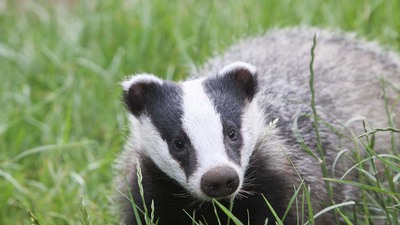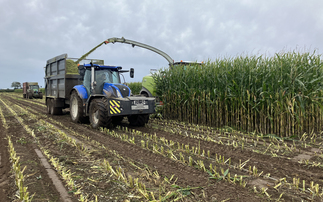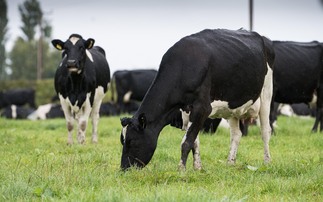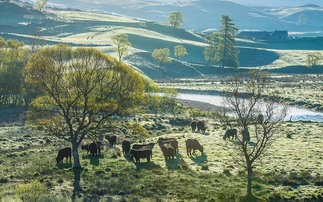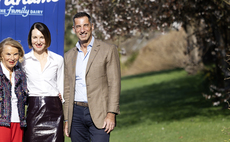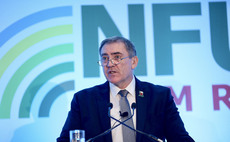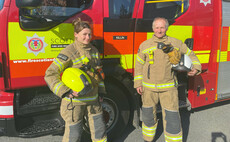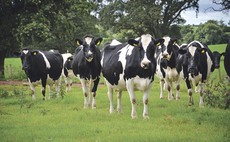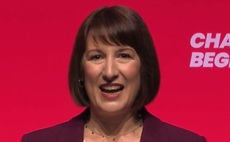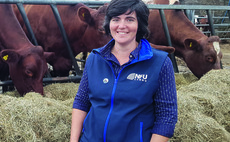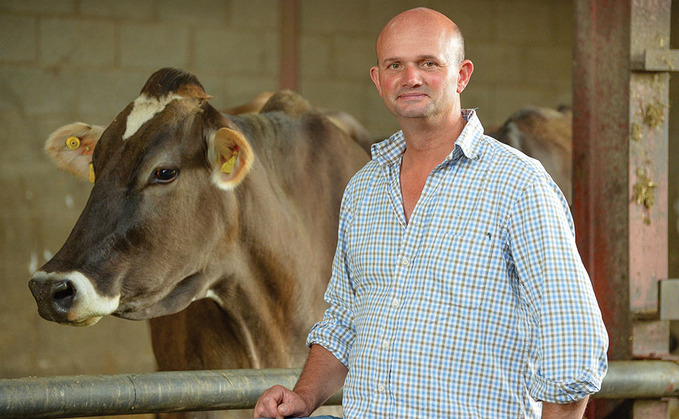
There can be no doubt that culling badgers under licence from Defra has been a tremendous success for bovine TB control from a farmers perspective.
The number of cattle slaughtered for bTB has fallen, the number of persistent cases has reduced, but there is a problem.
The Government in its response to the Godfray review of bTB research and policy has decided to end culling in its current form.
This is particularly worrying when in Cheshire the Governments own vets in 2022 still attribute over two-thirds of cases of bTB in cattle to badgers introducing infection into the countys herds.
Telling people you want to save badgers is a nice easy message to get across. Getting people to believe the opposite is somewhat more tricky.
Id like to see fewer badgers because where they have endemic bTB they pose a risk to my livelihood just doesnt evoke the same smug, green, self-righteous glow.
Its hard to get people to engage with the reasoned argument for culling.
That is why I whole heartedly applaud Jeremy Clarkson in series 2 of his Amazon show Clarksons Farm, following the tribulations at Diddly Squat.
It takes personal courage to point out that badgers are part of the problem for bTB control in some areas of the country.
Silence
There are plenty of farmers, vets, civil servants and politicians who know only too well the problems of a burgeoning badger population but for fear for their own personal circumstances and popularity they stay silent or at best, when pushed, issue riddle-like press releases that give them some flexibility to hide from scrutiny.
Jeremy Clarkson is certainly a controversial figure, hes no angel, he get things wrong sometimes, but so do all of us.
However, when it comes to being an ambassador for farming I think hes doing a tremendous job.
In his latest series he manages to engage his fans with what it means to be a livestock farmer.
The strange relationship that we have in both nurturing our stock, caring for it, loving it even and then being able to choose the point of slaughter is a paradox our critics find hard to understand.
When the cycle of production is interrupted by a positive bTB test the stress and financial consequences can be crippling.
The presence of bTB infected badgers in his area, his apparent nervousness as the callipers measure lumps at the bTB test and the sympathy he has for his neighbouring dairy farmer operating under bTB restrictions highlight to the general public the very real issues that we face.
If we want public support for the necessary control of bTB in badgers then we need this wider engagement with the public.
It is the public view that politicians run scared of and it is therefore hugely significant when over several hours of entertainment that a wide audience get an insight into what we endure.
For me, Clarkson is a bit like a famous lager, some may find him tasteless but he reaches parts of the population others cant reach and for that I am a grateful fan.
